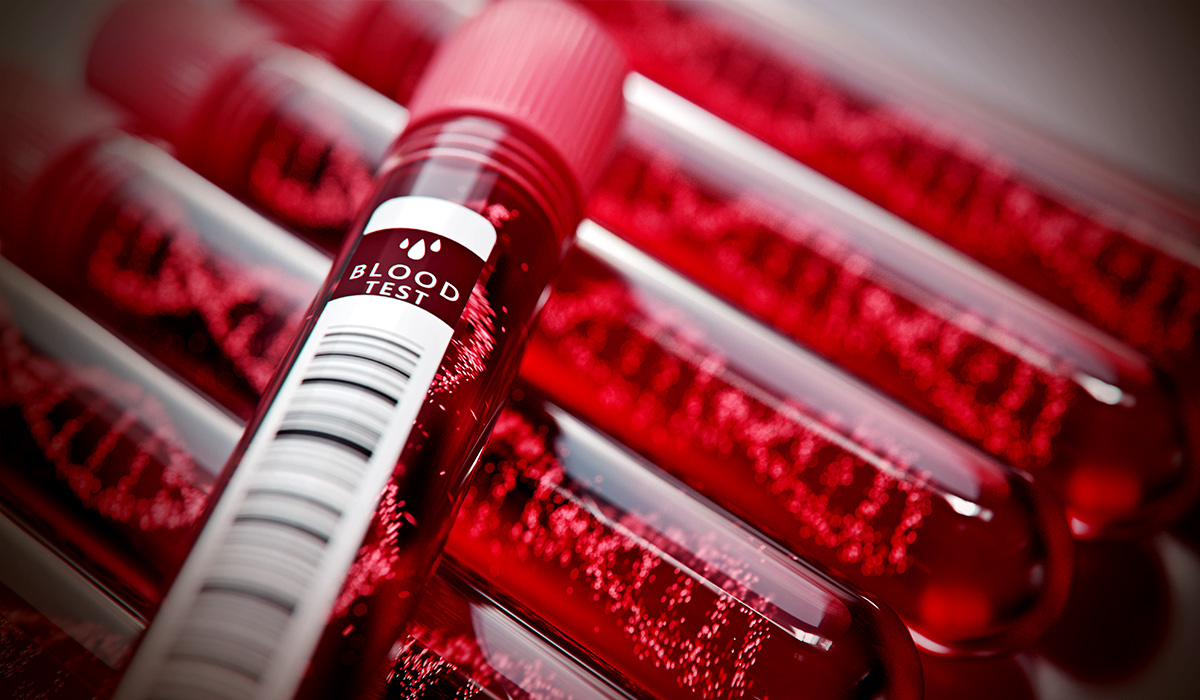John Hopkins Researchers Develop New Diagnostic Blood Test To Identify Gastric Cancer Recurrence
Source: Thailand Medical News Jan 29, 2020 6 years, 6 days, 4 hours, 5 minutes ago
Medical and oncology researchers at the Johns Hopkins Kimmel Cancer Center in Baltimore, working with colleagues in the Netherlands, have developed a new ultrasensitive
blood test that can predict
recurrence of
gastric cancer in patients after surgery. A description of their test, which is still experimental, was published online in the journal
Nature Communications.

The medical investigators analyzed blood samples from 50 patients with
gastric cancer who participated in the CRITICS trial, a phase III, randomized controlled study of chemotherapy given at about the time of surgery. They performed deep sequencing of both circulating cell-free DNA (cfDNA) and of white blood cells to look for mutations. Subtracting the white blood cells' information from cfDNA yielded data that investigators said could be used to predict
cancer recurrence within nine weeks following preoperative treatment and surgery.
Senior study author Dr Victor Velculescu, M.D., Ph.D., Professor of oncology, pathology and medicine at John Hopkins told
Thailand Medical News via a phone interview, "We performed this study to see if we could predict whether
gastric cancers would recur using noninvasive
liquid biopsies. Using a deep sequencing approach of cell-free DNA and white blood cells, we found an outstanding prediction of whether the therapy was successful."
Dr Velculescu also is co-director of the Kimmel Cancer Center's
cancer genetics and epigenetics program, and associate director for precision medicine.
Dr Alessandro Leal, M.D., Ph.D., lead author of the paper on the study and former graduate student at the Johns Hopkins University School of Medicine says, "Patients who did not have mutations in the blood after surgery were all cured of
cancer, while patients who had mutations in the blood typically recurred. We were able to predict patient outcome about nine months earlier through the
blood test than we otherwise could have through clinical evaluation."
Reference : Alessandro Leal et al. White blood cell and cell-free DNA analyses for detection of residual disease in gastric cancer, Nature Communications (2020). DOI: 10.1038/s41467-020-14310-3
